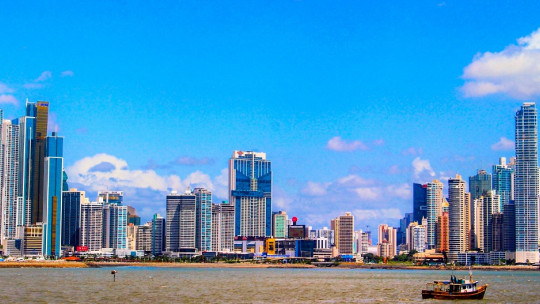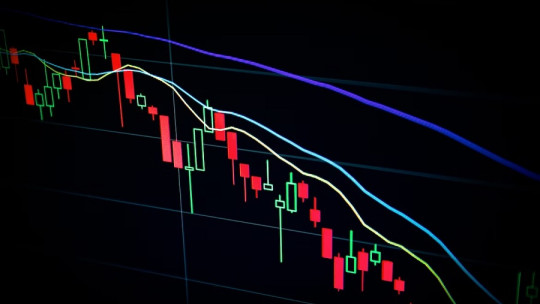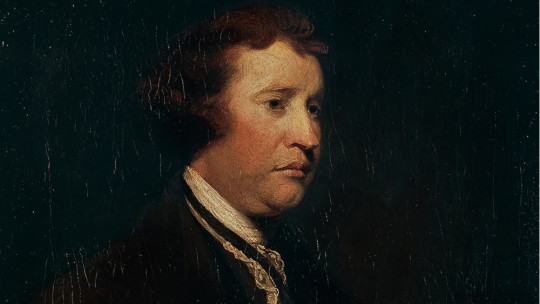
Currently We are living in turbulent times at the level of society, politics and economy. It is supposed to be part of the global financial crisis that has plagued us for exactly ten years, but another reason is also pointed out, a more psychological or, rather, psychosocial one. A lack of understanding about the society we are and the one we want to be. “A crisis of values,” say philosophers and sociologists from around the world. Economic activity in good times would have been a mirage of what we believed it had to be, and now only its most important side remains. kitsch.
The concept of the society of the spectacle is now more than twenty years old since it was devised by the French author, thinker and philosopher Guy Ernest Debord (1931-1994). This author wrote a book of less than 200 pages to describe what he saw as the new hoax of the 20th century. He compared the model of society, the emerging capitalist one, with what religion became in times past: a mere control of people creating a fictitious reality that has never existed, such as that of consumption.
What is the society of the spectacle?
The idea of a society of the spectacle arises from the situationist thinking of the fifties of the last century. Guy Debord was influenced by modern cinema, European lyricists and the most radical Marxist and anarchist thoughts. Thus founded the Lettrist International in 1952 a magazine critical of the urban model that was being forged after the World War period.
Just five years later, in 1957, the Situationist International (SI) was founded, an organization of revolutionary intellectuals and artists that they were against capitalism that was being implemented in European society. Furthermore, it represented a fierce demand against class society and against the culture of Western civilization of capitalist domination. This movement was nourished by the extreme left ideologies of authors such as Georg Lukács or Rosa Luxemburg.
A decade later, the founder of the Situationist group, having collected enough information and observations from everyday life, wrote his most famous work: The Society of the Spectacle (1967). This book was a masterful thesis of critical debate against the society of modern capitalism, as well as its impact on people’s identity. “Everything that was directly experienced, today moves away in a representation,” said the writer of the work.
The values of postmodern society
The Situationists of the time had great contributions to the cultural and intellectual revolts around the world, from the Western to the Eastern world, paying special attention to the Spring of 1968 (Prague Spring), putting up great resistance against the values that were instilled. in modern societies. Capitalism, consumption, image, status, materialism. The aim was to break with these predetermined and artificial values to create a purer, sentimental and humanist model.
For Guy Debord, the advanced capitalist production model marked our lifestyle, our way of relating to others and the values acquired based on the spectacle. By spectacle, we understand it as the representation of these values by the media, cinema, advertisements and advertising banners that magnify false ideas and feelings, according to critics.
The values of the society of the spectacle that are still present today suggest the belief in an artificial reality like our natural environment. The normalization of these precepts as a method of coexistence. The vehicle, the devices, the types of trips we make, all of them commercial concepts that respond to an erroneous idealization of what should be life based on the image given to others.
Psychogeography as a groundbreaking method
One of the keys to overcoming some of the stereotypes marked by Western capitalism was what Guy called the “detour” method, a way of charting a different direction than what society has accustomed us to. Thus, psychogeography was a very effective experimental method that sought to mark an indefinite route wandering through urban environments and not predetermined by the rhythm of society.
It was about walking, generating natural situations and experiences typical of chance (that’s why it was called Situationism). According to another expert in the field, the Spanish Luis Navarro, a situation can be a spontaneous or constructed moment, depending on how each person wants or needs to create their own reality. From this point of view, this is one of the main lines of the society of the spectacle, that of calling into question the scheme created for a society to be “functional and civilized.”
Situationism today
Many social movements today are direct heirs of the Situationism of the 20th century. The global crisis of the financial system that broke out more than a decade ago directly represents a crisis of the current capitalist system (also heir to the last century). For this reason, platforms such as “Occupy Wall Street”, the globally recognized page such as “Wikileaks” or the activist hackers of “Anonymous”, present themselves as tools to fight against the culture of the established.
At the national level, in Spain it has been translated into the so-called “15M Movement”, peaceful protests that began in the country’s large cities in demand of salary cuts, the regression of civil rights such as housing or a stable job or political disaffection that citizens felt against their representative leaders. Corruption has been the ultimate pillar of this phenomenon that continues to strengthen today.








